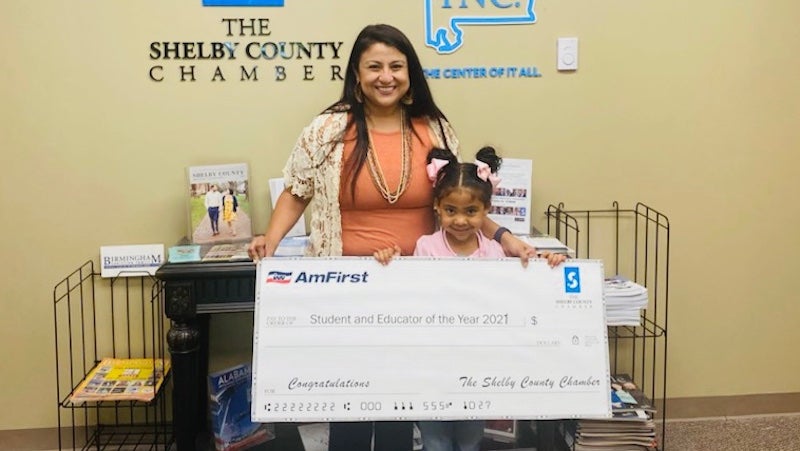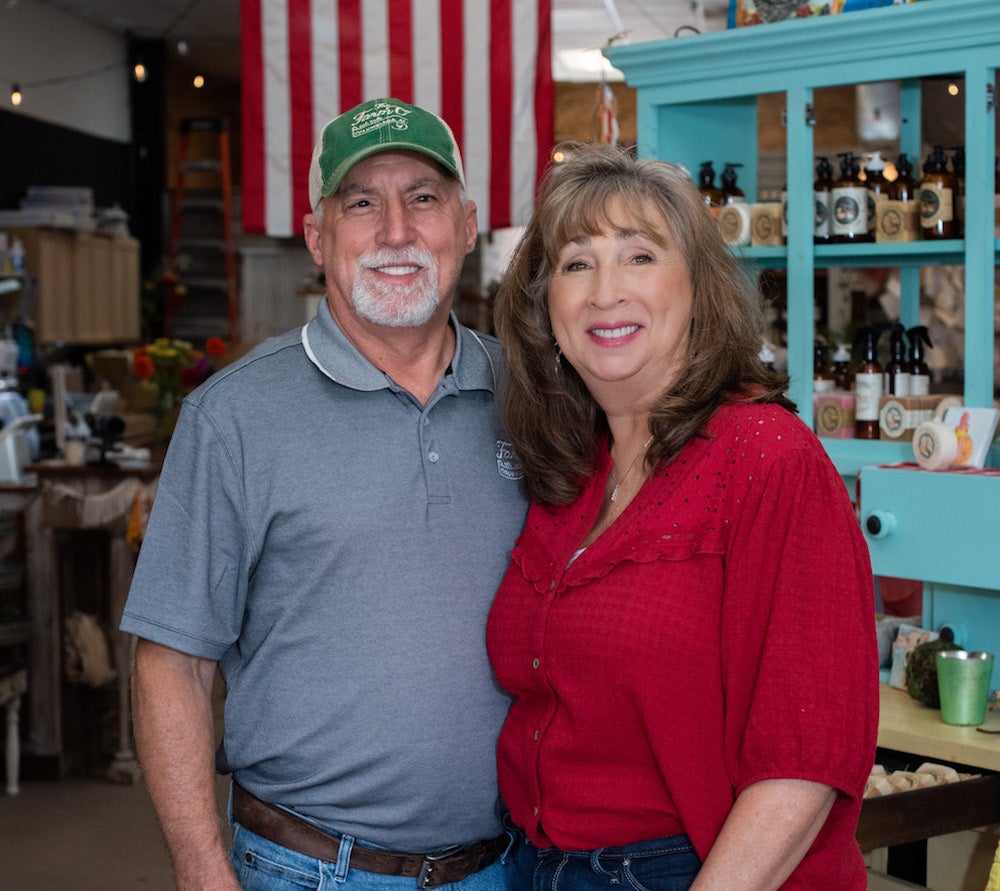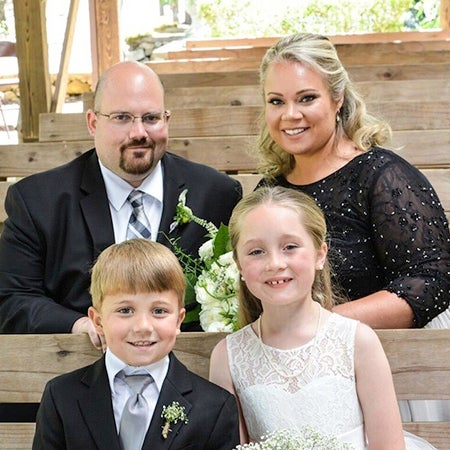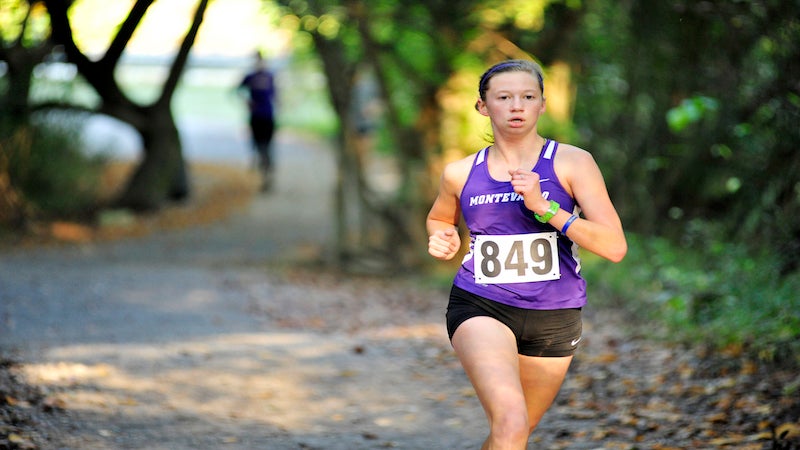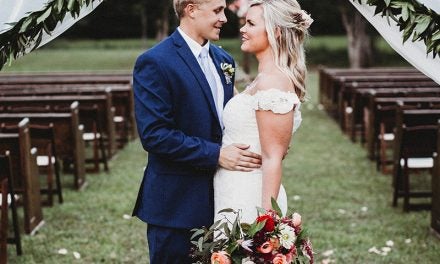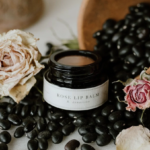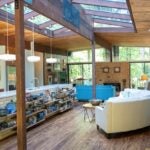Photo Contributed
“This year was hard, real hard,” Soli Lilly said to open a video she submitted to The Shelby County Chamber as a part of her Educator of the Year nomination. “It is important that we together focus on the good things,” she continued as she spotlighted footage of her special needs students from their pandemic school year. “We still continued to work, stayed busy, made friends, asked for help, and sometimes things got hard… but we danced anyway and celebrated together. We celebrated with friendships and school spirit and that we learned new things, but most importantly we celebrated that we did this together.” If you watched the video live, you’ll have a good idea why Soli won that Educator of the Year award. Here we chatted more with her to learn more about her career.
What made you want to become a teacher?
I am originally from Texas and was a first-generation college student. When I was in high school, I was a teacher’s aid as a senior for our self-contained life skills classroom. I was meeting kids my age who were full of life and didn’t sweat the small stuff. That was my calling right then. I went to college at UTSA in San Antonio and majored in special education, and I also worked at the ARC of San Antonio in college to know what happens to adults with disabilities after high school.
You moved from Texas to Shelby County in 2012. What was that transition like?
Shelby County quickly felt like home. I’ve always known that I was supposed to be here. Now I know more since my daughter is staring school at Elvin Hill, and I can’t imagine her anywhere else. There is something really unique about this town.
What has been your vision for your students?
My mission is making the kids productive members of society. We are not the special needs kids, we are the Working Wildcats. I want them to have a reputation in their town and their community and their school. That might mean going to a post-secondary program, but being productive can also mean going places and seeing people. I started a group two years ago called CATS for our Working Wildcats alumni. We meet monthly at a church and have a social. They need that socialization so badly, and it allows their parents to have a couple of hours on a weekend morning.
Can you tell us more about student-level IEPs (individualized education plans)?
We move away from 10 people reading documents and talking about the child to where the student shares about themselves and their futures and their goals. My goal is for them to be advocates for themselves and where they need help. Every teacher who comes to the meeting is so impressed, and the students have set their short-term goals and long-term goals. Dr. Jennifer Moon who was at Vincent Middle High taught me about student-led IEPs.
What should we know about your class’s HOPE garden?
HOPE stands for Herbs Offering Personal Enrichment and is a program through Taziki’s Mediterranean. We have a garden and plant cilantro, basil, rosemary and parsley. My kids plant it and weight it and sell it weekly, and we get a profit that is a fundraiser for us. We recently won a grant and got community donations and are building a new instructional garden. Half of it will be HOPE raised beds for our herbs for Taziki’s and anyone else to buy our herbs. Our school’s FFA has a community garden and gives away vegetables too. There are certain tasks my students can’t do, so peers work with them so they can learn from each other.

